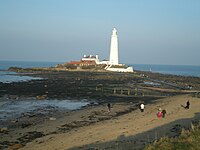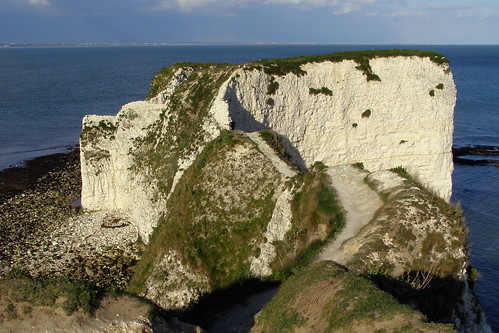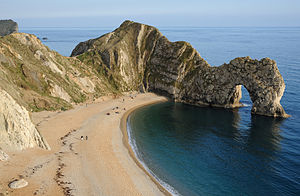Re: Pub Crawl
The alcoholic process might not have been thought of as alcoholic in earlier times. Or to put it another way, the making of bulk alcoholic drinks -- beer, cider, wine -- might have been not primarily for getting drunk. It is well known that water will kill you but beer won't, and it's nutritious too. Only the 'fortified' drinks -- sherry, whisky, etc. -- are solely for purposes other than the mere quenching of thirst/hunger.
 Was the Isle of Purbeck once an island too?
Was the Isle of Purbeck once an island too?



